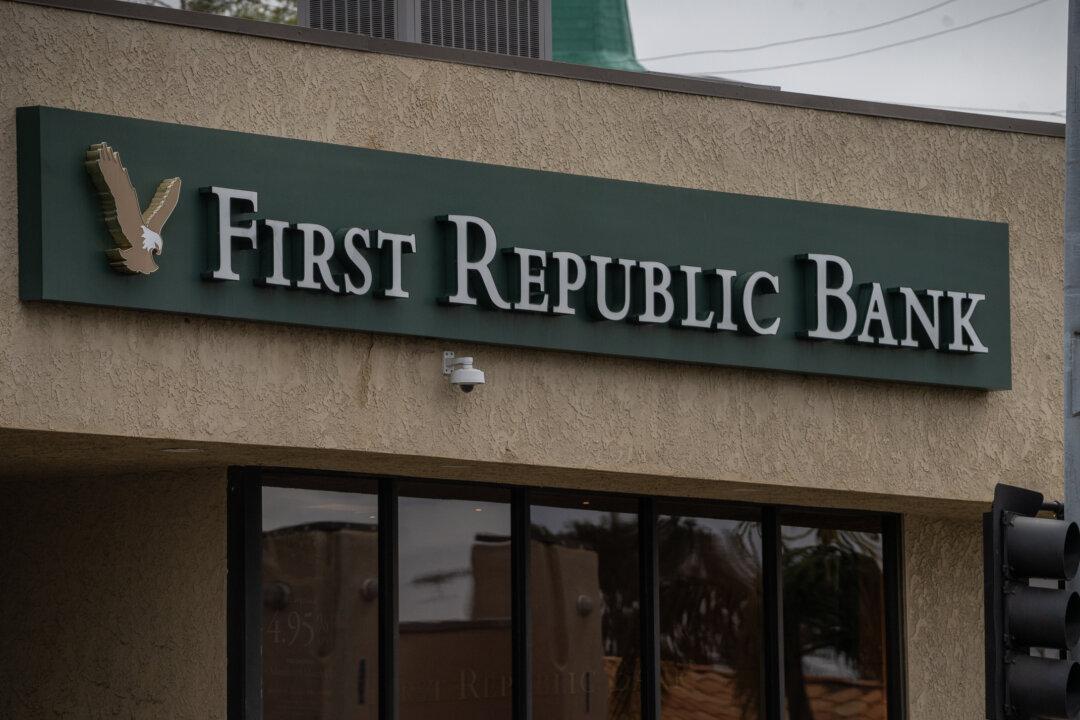Besides under the proverbial mattress, knowing where to keep your cash can be challenging. This is especially true with the latest bank failures. Of course, you want your money to earn interest, but you also need it to be safe. And there are numerous choices.
When deciding to park your savings, it’s best to examine the landscape. It’s also important not to put all your eggs in one basket. But what account types are the best for your goals and finances?






